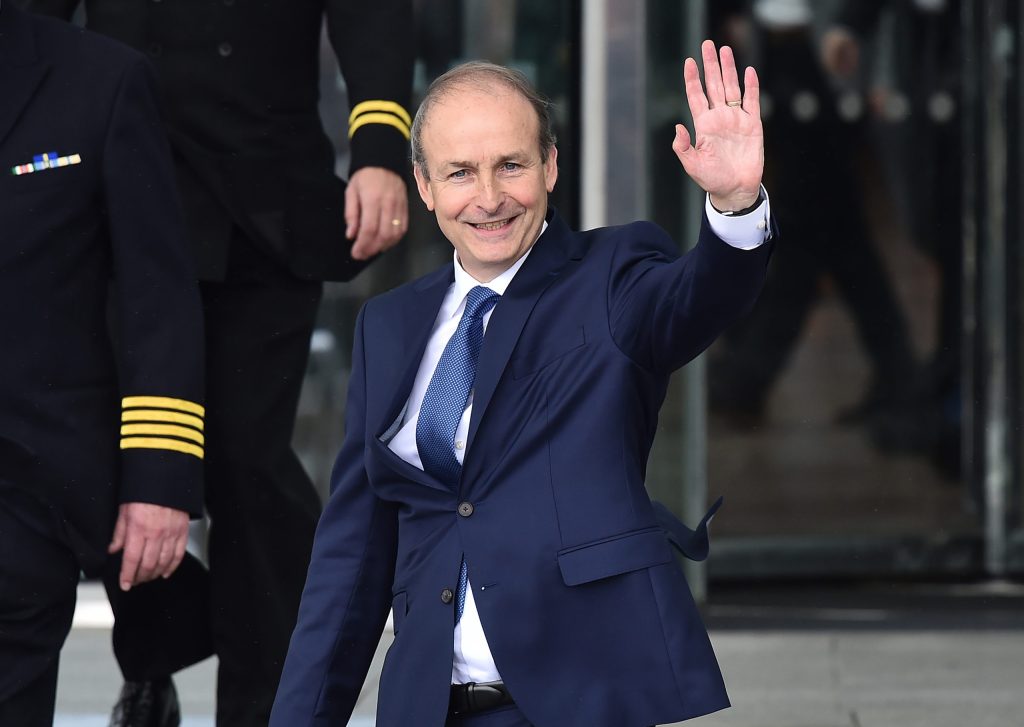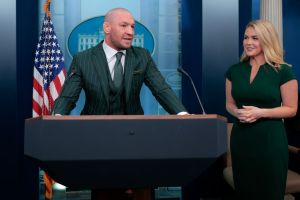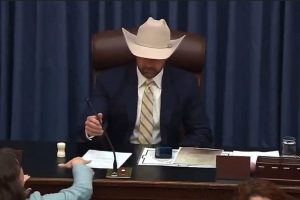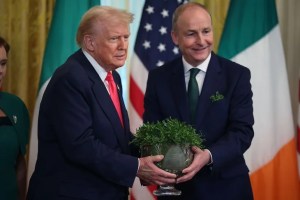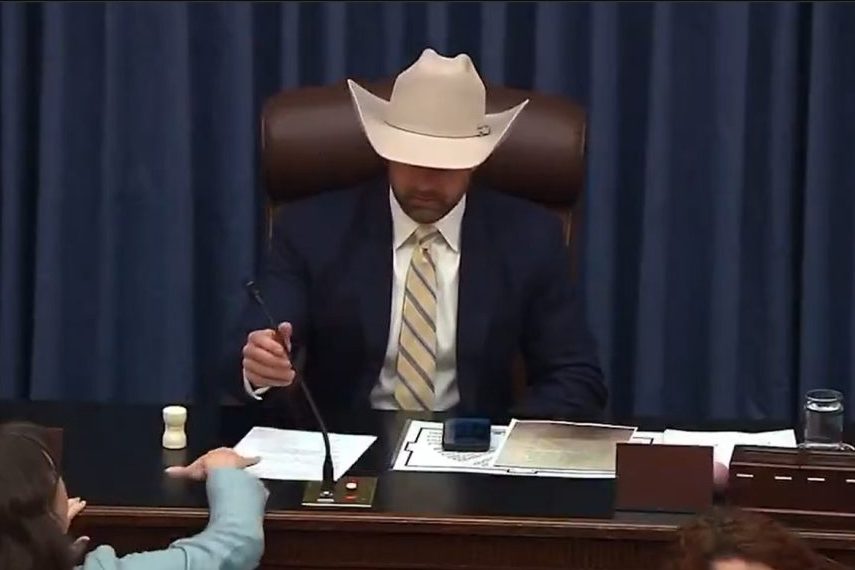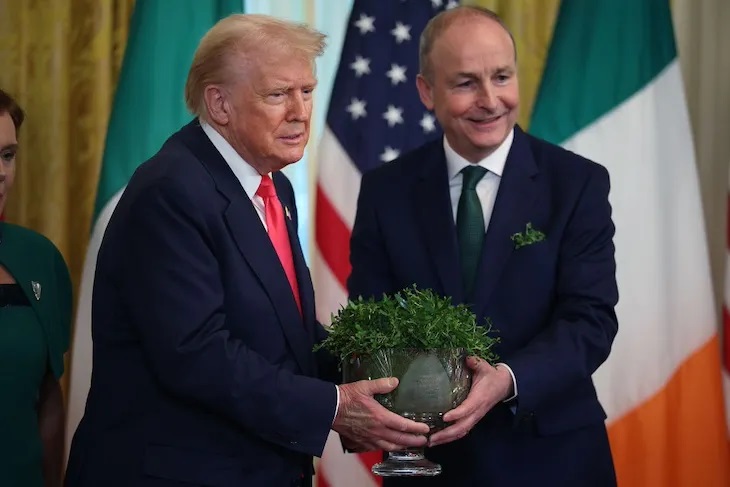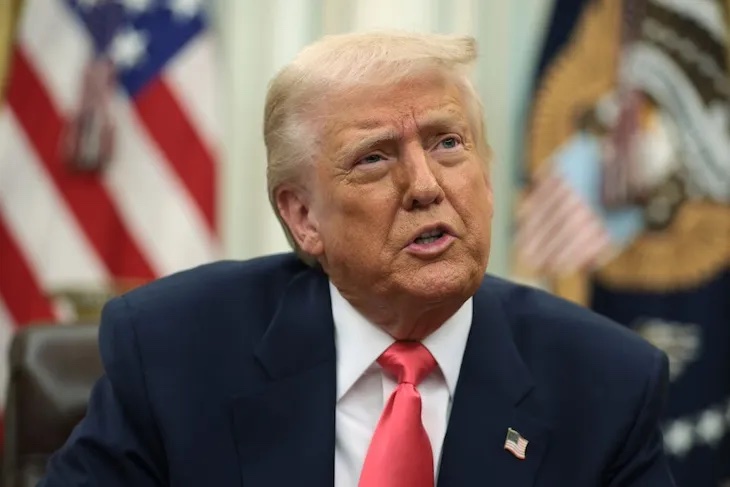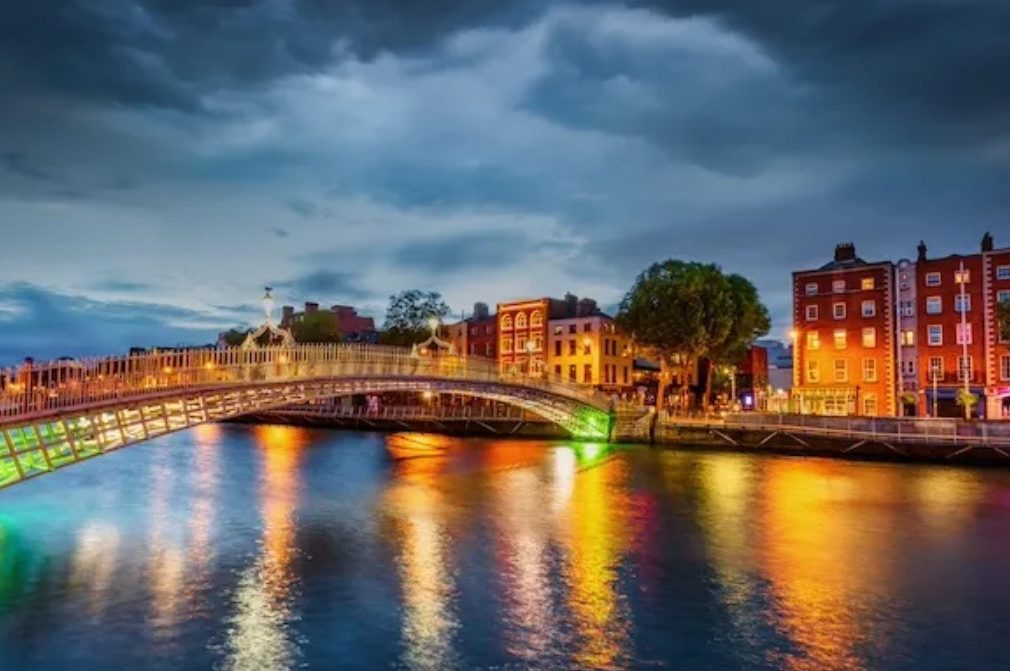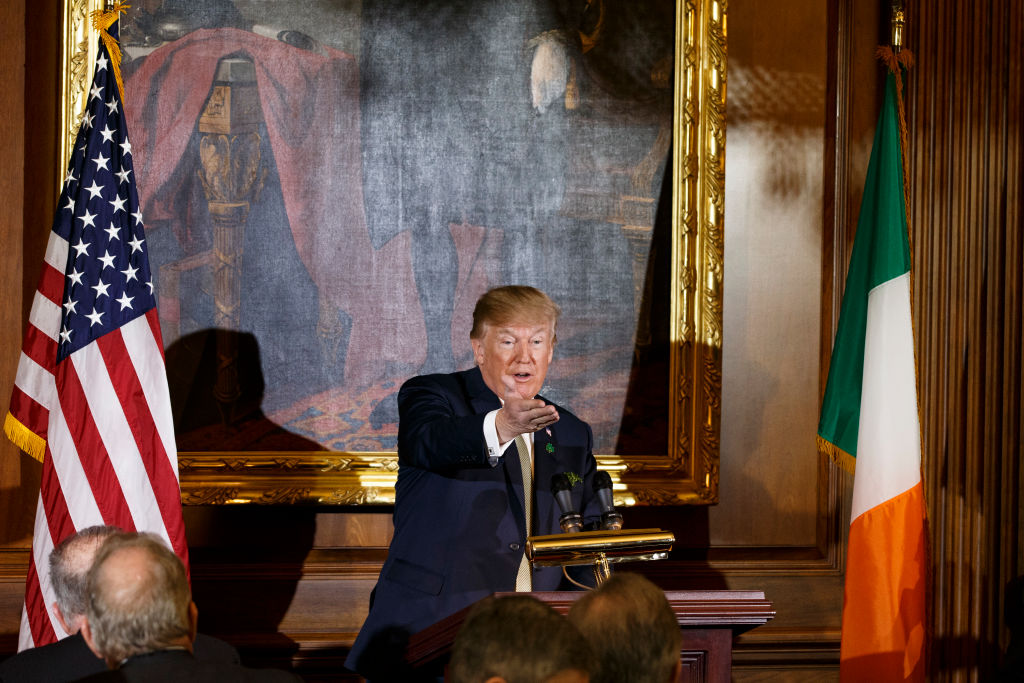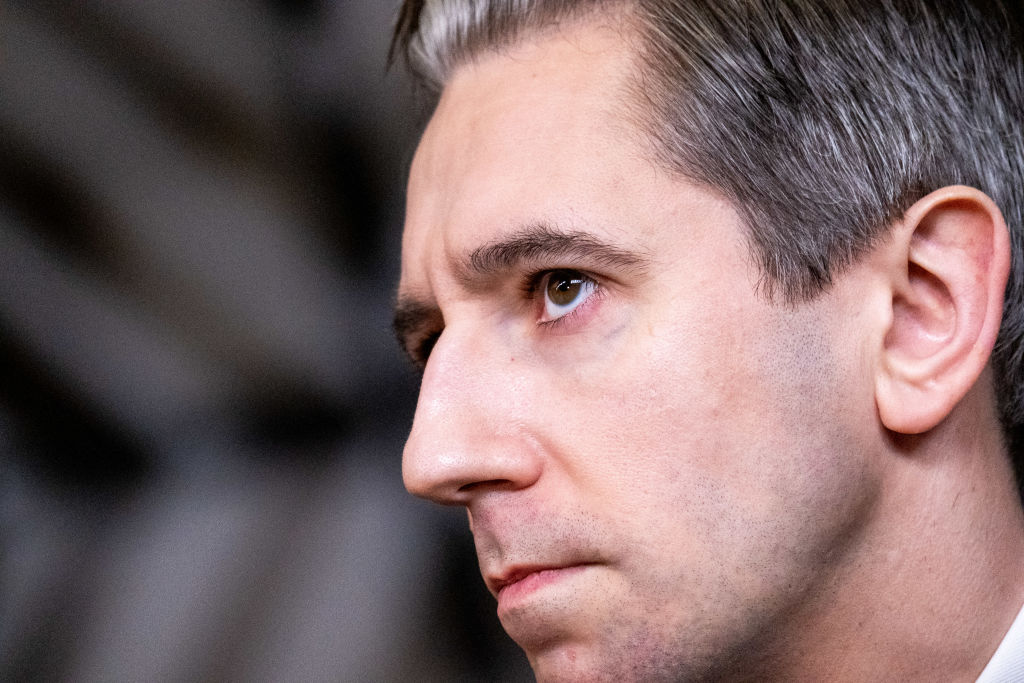Four months after the election, Ireland finally has a government and a prime minister, Taoiseach Micheál Martin. The country has since independence been governed by the two old Civil War parties — a conflict without any resonance whatever in contemporary Ireland — and, surprise surprise, it still is. The difference now is that whereas previously, Tweedledum and Tweedledee took it in turns to govern, now they’re doing it together, with indispensable help from the Greens.
The remarkable performance of Sinn Féin under Mary Lou McDonald in the February elections when the party won more votes than any other was traumatic for the Irish political establishment. It brought home that in the Republic now, the divide isn’t between the two old parties; it’s between them and the Momentum style left — Sinn Féin with its Corbynite economic agenda and toxic IRA connections — and smaller parties such as People Before Profit which together have pretty well seen off the old Labour party. Socialist TD Paul Murphy is perhaps typical of that bit of the spectrum, not least when he condemned the new government as a ‘last ditch attempt’ by the political establishment to hang onto power, a coalition that would represent the rich, the landlords and big business. It sounds like same-old, class war stuff, but it was resentment of the old order that nearly brought Sinn Féin to power in February.
There have been endless attempts to define the differences between Fianna Fáil and Fine Gael. There are umpteen tropes — Fine Gael is the party of big business and big farmers; Fianna Fáil the party with stronger Republican credentials and more upfront nationalism, of small farmers and clericalism. But essentially there wasn’t, isn’t, a difference. That sense that no matter what the government, things would remain the same made for dull politics, but gave Ireland a certain psychological stability. Essentially the parties are the same, only with different personalities. Back in the days when there were big personalities that is. Fianna Fáil had the colorful characters: Charlie Haughey, Bertie Ahern — and, long before that, Eamon De Valera; Fine Gael had men like Garrett Fitzgerald.
But what they had in common was a great deal more than the residual Civil War antagonisms that divided them — we really are talking vanity of small differences; both were essentially Christian Democratic parties with conservative views on property ownership and taxation; both were once socially conservative too. Now they’re identical even on the social agenda; Micheál Martin broke Fianna Fáil’s residual ties with the Church when he backed both gay marriage and abortion — the latter was particularly traumatic for the party’s grassroots.
[special_offer]
In terms of personalities, Leo Varadkar is not a charismatic politician but he was emblematically useful in representing the new Ireland in that he was gay and half Indian with an occasional penchant for eye-catching socks. His jogging session with the similarly woke Justin Trudeau seemed to sum up his style. Micheál Martin isn’t notably charismatic either, and his long marriage to his wife Mary, another party stalwart, and his solid local Cork connections, make him pretty standard issue Fianna Fáil.
But there’s an interesting aspect to his family, which an article in the Irish Times explores today. His mother’s family is out-and-out Republican, from the war of independence. So far, so FF. But his paternal grandfather fought in the British Army in World War One — his paternal grandmother’s first husband also served in the war — and two of his uncles carried on the family tradition fighting with the British Army in World War Two — his uncle Philip barely survived imprisonment by the Japanese, and witnessed appalling cruelties. Mr Martin, then, is more nuanced in his Republicanism than others in his party, but typical of very many Irish families in having members that served with the British Army; he has attended Remembrance Day services, which would once have been remarkable for a Fianna Fáil leader.
But for the here and now, when it comes to Brexit, there won’t be any difference in the parties’ antagonism to the project, and Ireland’s solid alignment with the EU. That is what defines it now, and there’s a certain discernible cheerfulness about not following the British lead on policy, most recently in the response to COVID, when Leo Varadkar took issue with Britain’s tardy approach. So, don’t hold your breath for a more emollient policy on the Brexit negotiations. Just think to yourself — when it comes to Ireland, things could be so very much worse.
This article was originally published onThe Spectator’s UK website.



